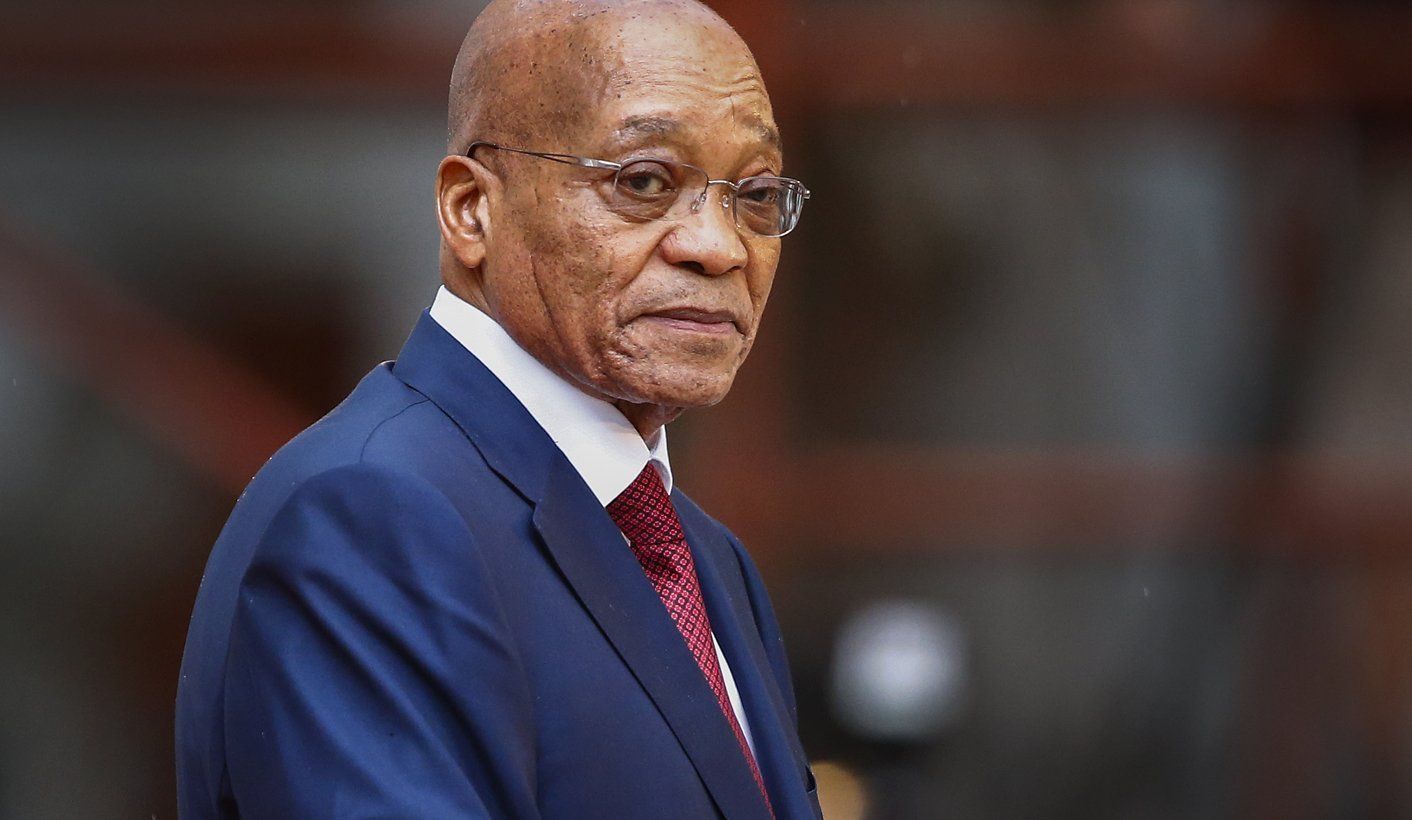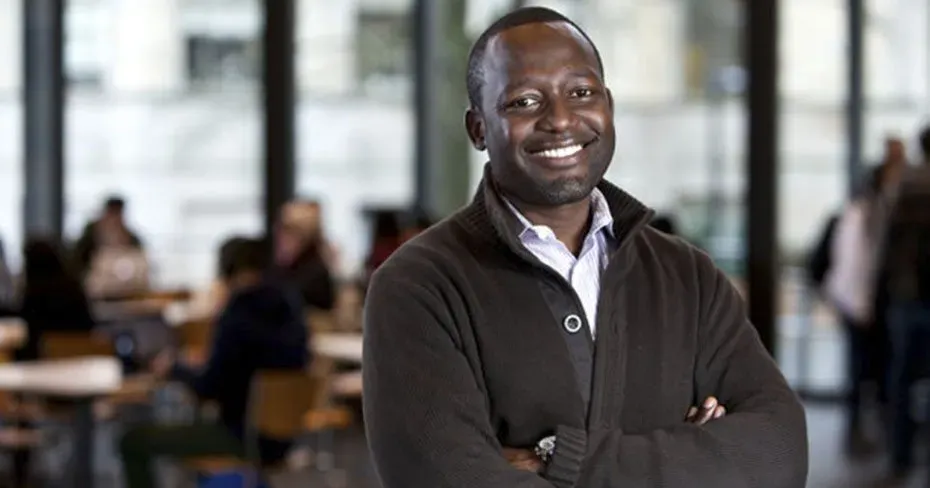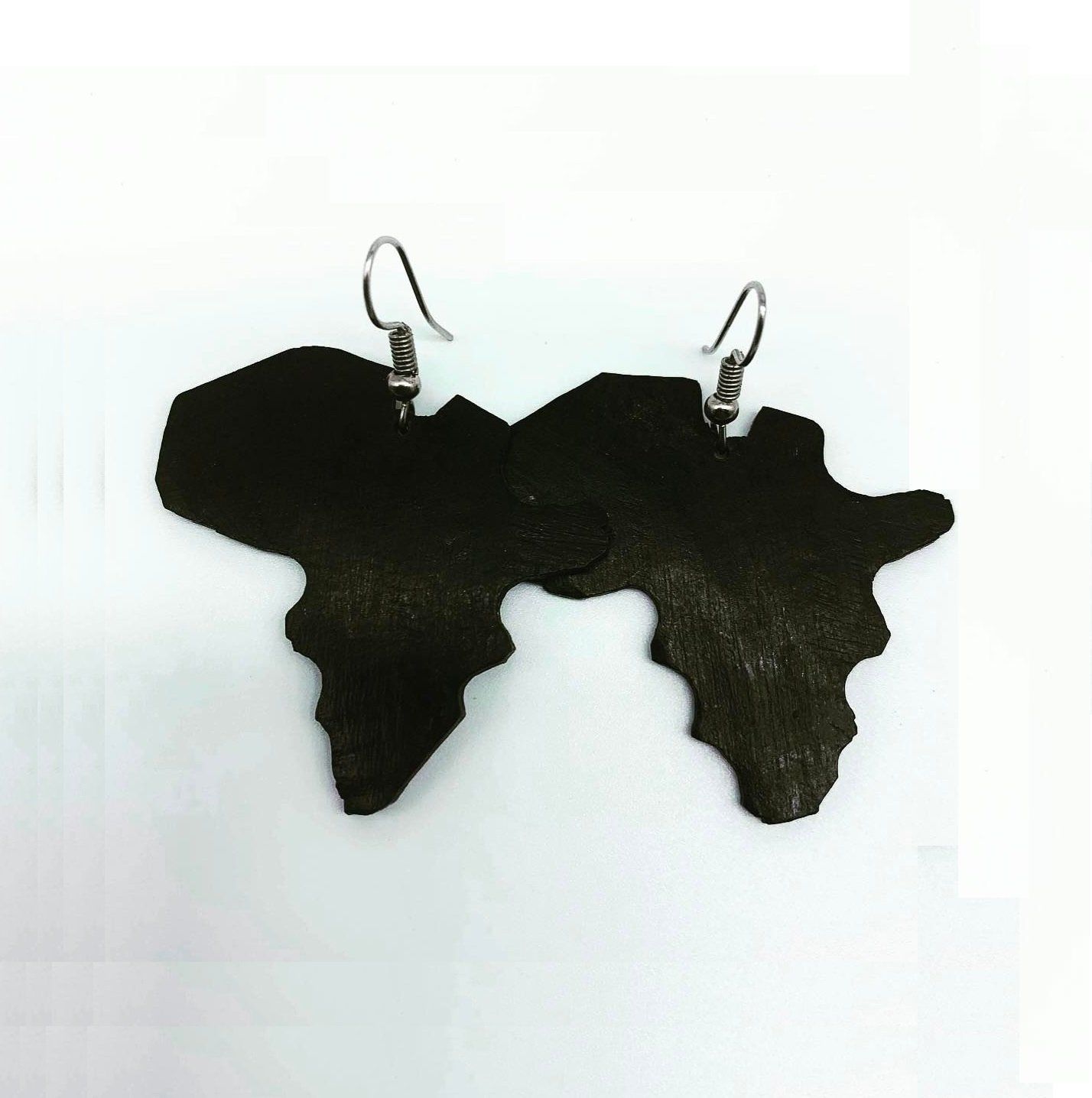South Africa's Zuma moves closer to resignation
President Jacob Zuma has taken the extraordinary step of cancelling his annual state-of-the-nation speech, bowing to pressure from his ruling party as he faces intensifying demands for his swift resignation.
There were unconfirmed reports on Tuesday night that the South African President has agreed to quit, making room for Deputy President Cyril Ramaphosa to take over, although the timing and other details are unknown.
An emergency meeting of the national executive of the ruling party, the African National Congress (ANC), had been scheduled to discuss Mr. Zuma's resignation on Wednesday night. It would have sharply escalated the pressure on Mr. Zuma.
But the meeting was abruptly cancelled on Tuesday night as the ANC revealed that Mr. Zuma is in face-to-face negotiations with Mr. Ramaphosa, who won the leadership of the ANC in December.
Those negotiations have been "fruitful and constructive" and will be continued in the coming days, the ANC said.
The cancellation of the emergency executive meeting may indicate a Zuma resignation deal has been reached, at least in broad terms. Such a deal would allow him to depart with some dignity, avoiding the humiliation of the ANC ordering him to quit. A deal could also allow him to extract some personal concessions from Mr. Ramaphosa.
It was a dramatic day of rapid-fire political developments in South Africa as Mr. Zuma's resignation moved closer. But cancellations and reversals seemed chaotic, making a shambles of Mr. Ramaphosa's promise of unity within his party.
Earlier in the day, Mr. Zuma had unexpectedly agreed to cancel the state-of-the-nation speech. That he was unable even to hold his annual showcase event in Parliament signalled his departure was imminent.
It was the first time since the demise of apartheid in 1994 that a South African president has been forced to cancel the annual speech, which is traditionally surrounded by pomp and ceremony. The decision came just two days before Mr. Zuma was scheduled to deliver the speech to Parliament.
It confirmed that the drive to force Mr. Zuma's resignation is rapidly gaining momentum. He is unpopular in the country, plagued by well-documented corruption allegations, weakened by dwindling support in the ruling party, and is facing possible impeachment and the revival of criminal charges that date back to a 1999 arms deal.
His presidential term does not expire until mid-2019, but the ANC chose Mr. Ramaphosa to replace Mr. Zuma as party leader in December despite Mr. Zuma's efforts to engineer a victory by his preferred candidate.
If Mr. Zuma agrees to resign, Mr. Ramaphosa would become the acting president. He would then become the ANC's official candidate for president in the 2019 election.
Mr. Zuma retains substantial support on the ANC's national executive, but there are signs that his allies are defecting.
The ANC holds a heavy hammer over Mr. Zuma: it can threaten him with a non-confidence vote in Parliament if he refuses to step down. Even if some Zuma loyalists reject a non-confidence motion, it would almost certainly win approval in Parliament, since the opposition members would join with a substantial number of ANC members to support the move.
A transition to Mr. Ramaphosa would have big implications for South Africa's future. He is seen as a pro-business politician, although he began his political career as a trade unionist in the 1980s. After losing a bid to succeed Nelson Mandela as ANC leader in the 1990s, he retreated into business for most of the past two decades, becoming one of South Africa's wealthiest men. From 2003 to 2013, he was a director and shareholder of Canadian-based Ivanhoe Mines.
Mr. Ramaphosa's supporters want him to deliver the state-of-the-nation speech because it would help persuade voters that the Zuma era is over. It would allow Mr. Ramaphosa to launch the ANC's campaign for the 2019 election by demonstrating that he is reforming the party and government.
Technically, the annual speech by Mr. Zuma has only been postponed, without a new date set. But analysts say it is now likely that Mr. Ramaphosa will deliver the speech, perhaps within the next 10 days.
The speech is the official kick-off of the government's agenda for the entire year, and symbolically it would damage the ANC if it is delivered by Mr. Zuma.
In his announcement on Tuesday, Mr. Zuma said he requested the postponement of his speech "due to certain developments which make it not conducive."
The ANC's top six officials held a meeting with Mr. Zuma two days ago, reportedly to ask him to step down. He refused. The top six leaders then called a meeting of the party's 20-person national working committee, which escalated the pressure by calling a meeting of the full executive. All of these steps are highly unusual, signalling that the ANC is using every lever to put pressure on Mr. Zuma.
Mmusi Maimane, leader of the opposition Democratic Alliance, welcomed the decision on the speech. His party had already demanded the postponement.
"We cannot waste money, time or another iota of our dwindling credibility on the international stage by allowing Jacob Zuma to deliver the state-of-the-nation address," Mr. Maimane said. "The ANC is in complete turmoil and being held to ransom by Jacob Zuma."
He said the annual speech "cannot be reduced to a public relations exercise for a man on the precipice of impeachment and possible jail time."











